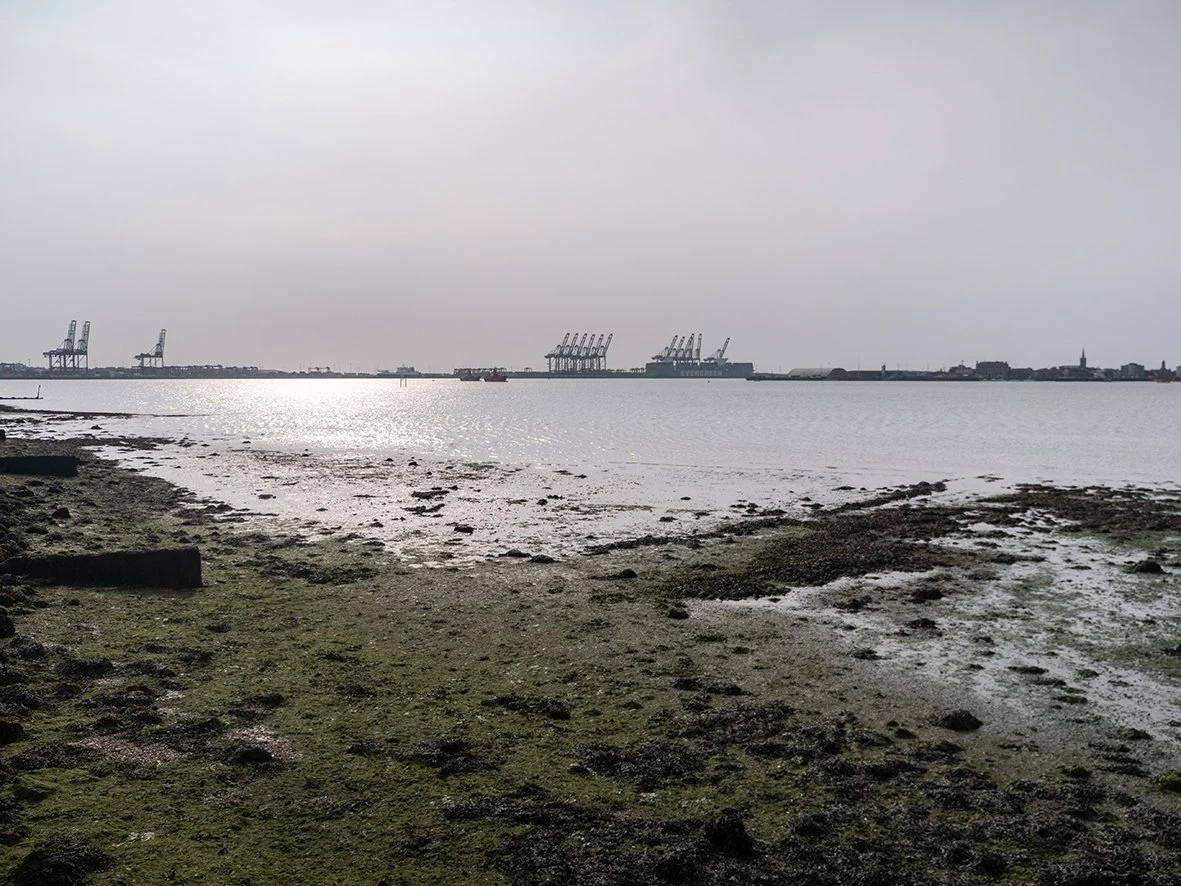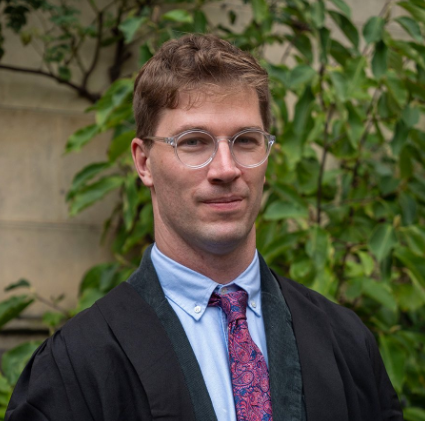TO MAKE A LIVING FROM THE SEA
MARK POZLEP + DR TOM JOHNSON
Sat 24 OCT | ST CLEMENT’S CHURCH
Artistic and academic perspectives meet in this discussion on the history of fishing industries in Suffolk, featuring artist Mark Požlep and Dr Tom Johnson, Associate Professor of Medieval History at Oriel College, Oxford.
One of Dr Tom Johnson’s current projects is a trade book entitled The Fishermen's Church: Reckoning and Ruin in a Medieval Fishing Village, under contract with Allen Lane.
It is a microhistory of Walberswick, a fishing village on the Suffolk coast, in the fifteenth century. In the later Middle Ages, this coastline was devastated by the North Sea: floods, storms, and siltation destroyed towns, harbours, and livelihoods. Yet in the midst of this upheaval, the fishermen of Walberswick set out plans to build a magnificent new church – a nave that could hold a thousand souls – a project that would take over a century to complete. The book explores what it means to live, work, and even build something new in the face of environmental collapse, and what kind of history can be salvaged from the ruins.
IMPORTANT INFORMATION
Date: Sat 25 Oct
Time: 14:30 - 15:30
Venue: St Clement’s Church
Tickets: £5
Ages: 10+
Access: Free access companion/carer tickets are available. If you are a a wheelchair user or have any other access requirements you would like to discuss with us, please call 01473 210169 or email boxoffice@spillfestival.com.
-

Mark Požlep
Mark Požlep (b. 1981, Slovenia) works in visual and performance art, spatial installations, and video. His practice centers on journey-based projects, using observation and reflection as core methods. He has exhibited internationally in solo and group shows, and received several awards and grants, including the Villa Albertine grant (2021), Andy Warhol Foundation grant (2020), and the OHO Award (2016).
-
Dr Tom Johnson
Dr Tom Johnson joined Oriel College from the University of York where he was a senior lecturer in late medieval history. His work mainly focuses on how ordinary people lived in early modern Britain, and he has written on a broad range of topics for the London Review of Books, including the laws of shipwreck, occult magic and historical counting systems


